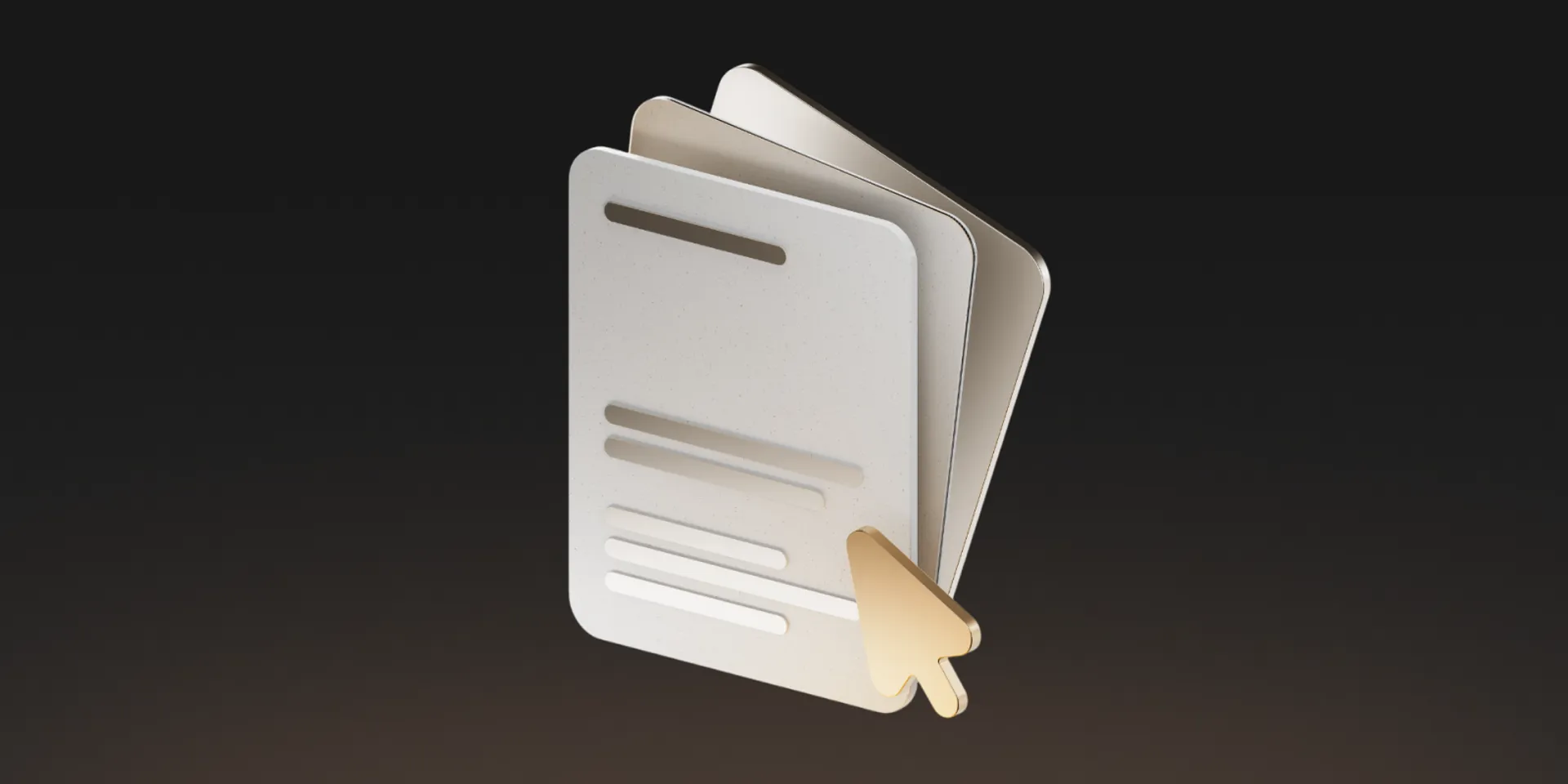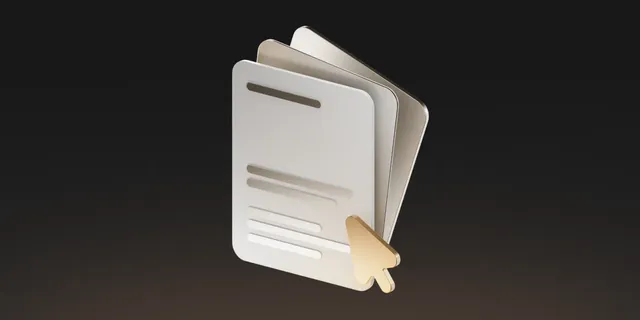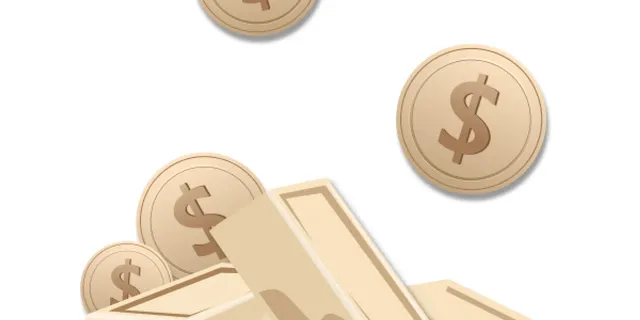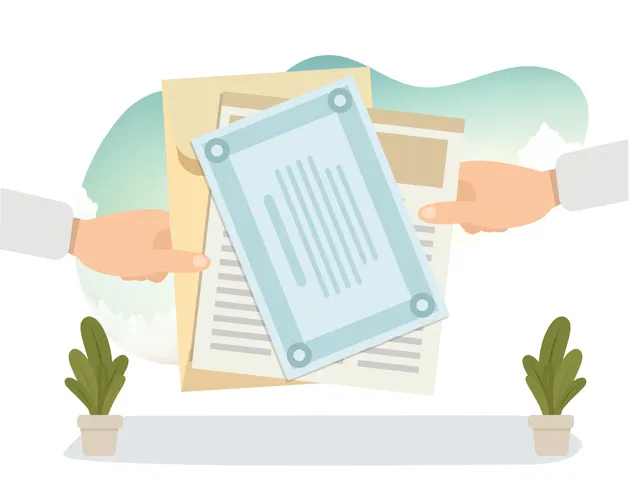What are assets in trading?

Assets are the foundation of investing and trading. From stocks to commodities and beyond, every opportunity begins with understanding what an asset is and how it works. Here’s why they’re essential to your trading journey.
Key takeaways
-
Assets are anything of value with potential for economic benefit; in trading contexts, they include financial instruments like stocks, commodities, and cryptocurrencies that traders buy and sell to profit from price fluctuations.
-
Assets span multiple categories including tangible assets (physical items like gold and real estate), intangible assets (patents and brand recognition), digital assets (cryptocurrencies and NFTs), liquid assets (easily converted to cash), risk assets, and fixed long-term assets.
-
Understanding assets is crucial for traders because they provide profit opportunities through price movements, enable portfolio diversification to manage risk, offer dual benefits through capital appreciation and income generation, and support effective risk management strategies.
-
Financial health depends on the assets-to-liabilities relationship expressed as Assets = Liabilities + Equity, where companies with more assets than liabilities demonstrate financial stability while high liabilities signal potential distress and investment risk.
What are assets?
Anything that has any value can be called an asset. You own it because of its potential for economic benefit in the future. Assets can be owned by people and companies, and they can be converted into cash if you need money.
There are different asset classes to understand in order to build your knowledge on trading and investing opportunities in the market.
Assets you can see and those you can’t
The world of trading encompasses multiple types of assets, each with unique characteristics.
What are tangible assets?
These are physical items with intrinsic value that can be touched and seen. Examples include real estate, commodities like gold, crude oil and agricultural products, and physical cash. In trading, commodities are a popular tangible asset class, often traded through futures contracts.
Learn more about commodity trading with our guide.
What about intangible assets?
Intangible assets come in many shapes and sizes, but they have no physical form. These can include patents, copyrights, brand recognition and goodwill. Intangible assets cannot be directly traded on exchanges. Yet, they can make a company more valuable. So, if you’re considering trading stocks, your knowledge of intangible assets can help you understand a company’s long-term prospects.
For example, Apple’s brand reputation is an intangible asset. Some customers choose an iPhone for its technical specifications, while others buy it because of the strength of the Apple brand. This brand value can play a significant role in a company’s stock price.
Then there are digital assets
Now, it’s time to understand what the newest assets in the market are – digital assets. These assets exist purely in digital form and are typically secured by cryptography. Cryptocurrencies like bitcoin and ether are prime examples, along with non-fungible tokens (NFTs). These assets are traded on specialised digital exchanges.
Learn more in our cryptocurrency guide.
Ever heard of fixed assets?
Often used in the context of a company’s balance sheet, fixed assets are long-term tangible assets that are not expected to be converted into cash within one year. Examples include buildings, machinery and land. While not directly traded in the same way stocks are, the value and health of a company’s fixed assets are crucial for assessing its financial stability and long-term viability.
What are liquid assets?
These are assets that can be easily and quickly converted into cash without significant loss of value. Cash is the most liquid asset. Other examples include money market instruments, short-term government bonds and highly traded stocks. For traders, having sufficient liquid assets is vital for managing risk and seizing opportunities.
What are risk assets?
These assets carry a higher degree of risk but could also potentially offer higher returns. Examples include stocks, corporate bonds and emerging market currencies. Traders often engage in CFD trading to capitalise on their price movements. Understanding the risk-reward profile of different assets is the cornerstone of effective trading strategies.
Non-tradable assets
Not all assets are actively traded, such as private company equity, certain types of intellectual property or personal possessions, like art collections. While not directly relevant for daily trading, understanding their value provides a holistic view of financial wealth.
Why are assets important in trading?
Assets are the financial instruments that traders buy and sell with the objective of generating profit. Here’s why they are so crucial:
Opportunity for profit
The primary reason assets are important is their potential to generate returns. Traders buy assets at a certain price with the aim of selling them at a higher price, profiting from the price difference. This applies across different types of assets, from stocks and bonds to commodities and cryptocurrencies.
Diversification
A well-diversified portfolio helps spread risk and potentially improve returns. Understanding different asset classes allows traders to build robust portfolios that can withstand market fluctuations. Explore market guides online for in-depth information on various asset classes.
Capital growth and income generation
Assets can appreciate in value over time (capital growth), such as a stock increasing in price. They can also generate income, like dividends from stocks or interest from bonds. This dual potential makes them attractive for both short- and long-term traders.
Risk management
Each asset type carries a different level of risk. By understanding these risks, traders can modify their trading strategies to lower potential losses. For example, lower-risk assets can be used to offset higher-risk ones. Learn more about risk management in our guide.
What is the relationship between assets and liabilities?
Understanding the relationship between assets and liabilities is fundamental to financial analysis. To fully understand an entity’s financial health, it is essential to consider not only what it owns (assets) but also what it owes (liabilities).
Liabilities are financial obligations or debts owed to another party. They represent a future outflow of economic benefits. Examples include loans, accounts payable and deferred revenue.
In simple terms, a company’s net worth is determined by subtracting its total liabilities from its total assets. This is often expressed as:
Here, ‘equity’ represents the owner’s stake or the residual value after all liabilities are paid off.
Understanding the asset-to-liability ratio
If a company takes on too much debt (a liability) to finance its operations or expansion, it might struggle to make its interest payments, even if it has a lot of assets. This can lead to a downgrade in its credit rating, making it harder to borrow money in the future and potentially hurting its stock price.
Similarly, if a trader uses leverage excessively without adequate assets to cover potential losses, a significant market downturn could lead to a margin call or even wipe out their entire trading capital.
Ready to put your knowledge into practice? Create an account today and start exploring the world of trading. If you’re new to the markets, open a demo account and hone your skills in a risk-free environment.
FAQs
What are fixed assets?
Fixed assets are long-term tangible assets owned by a company that are not expected to be converted into cash within one year. They are used in the business’s operations to generate revenue over multiple accounting periods. Examples include buildings, land and equipment.
What are current assets?
These assets are expected to be converted into cash, sold or consumed within one year or one operating cycle, whichever is longer. Examples include cash, accounts receivable, inventory and marketable securities.
How do digital assets differ from traditional assets?
Digital assets exist purely in electronic form, often secured by cryptography and recorded on decentralised ledgers (like blockchain). Traditional assets, on the other hand, can be physical (like real estate or gold) or represent ownership in a tangible entity (like stocks).
What is the difference between assets and liabilities?
Assets are what an entity owns that has economic value and is expected to provide future benefits, while liabilities are what an entity owes to others, representing future economic outflow. In essence, assets are resources and liabilities are obligations.
Visit related finance terms

What is balance sheet

What is equity
